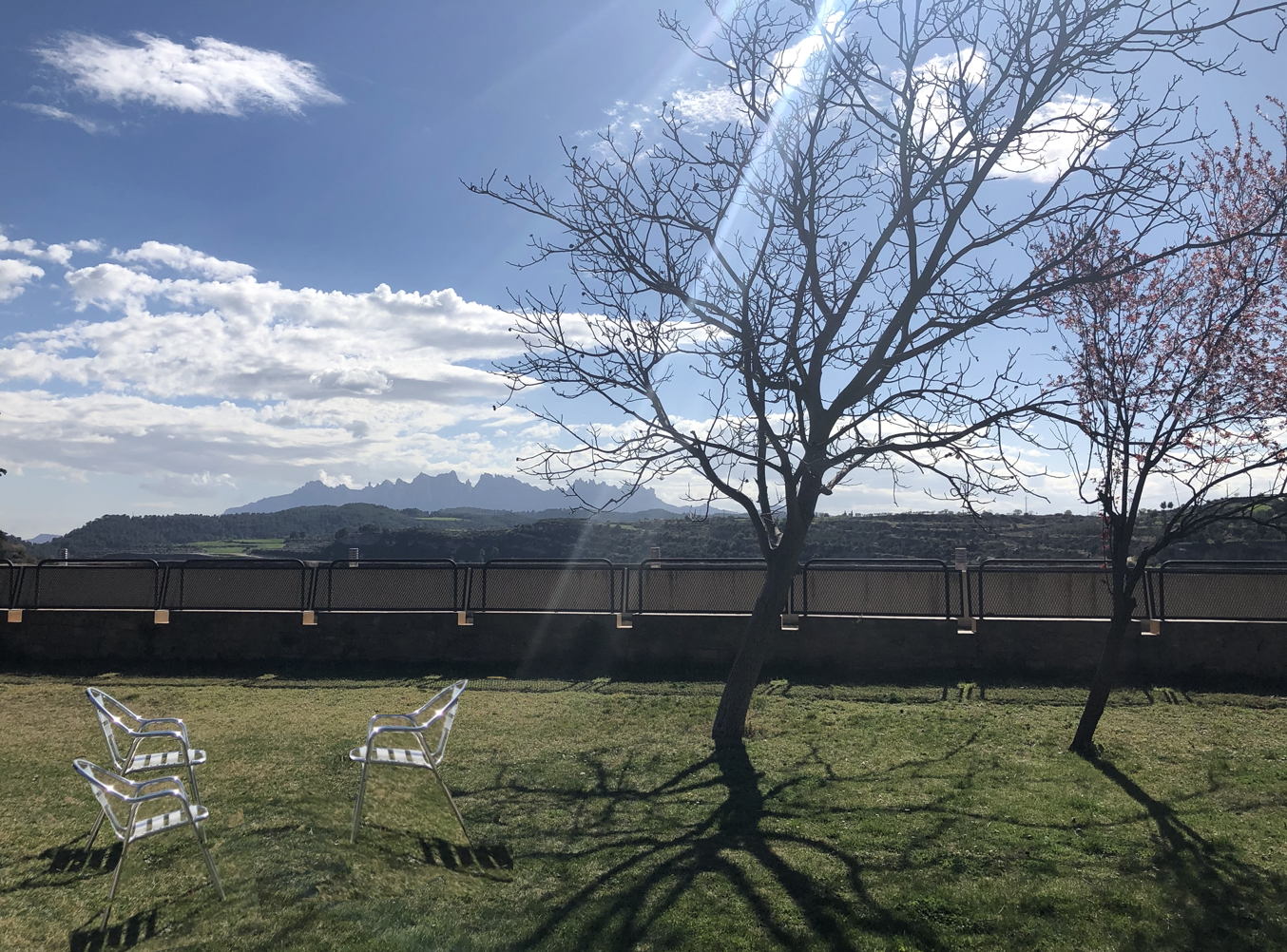What is Spiritual Direction?

EXPLORE
Spiritual direction encourages you to explore a closer relationship with God. In the midst of a busy life, many people find it difficult to notice God’s action in their daily affairs. Yet, at the deepest level, all of us long for a more conscious experience of God’s presence and love.
To receive spiritual direction is to recognize that God does not solve our problems or answer all our questions but leads us closer to the mystery of our existence where all questions cease.
-Henri Nouwen
WHAT IS SPIRITUAL DIRECTION?
Spiritual Direction is a ministry that helps a person in his or her efforts toward becoming “a human being fully alive.” In our busy lives it is often difficult to hear the gentle voice of the Holy Spirit. Spiritual Direction can help one to be more attentive and responsive to the promptings of the Spirit.
The primary focus is on deepening one’s relationship with God and growing in awareness of God’s loving presence in the ordinary events of life. This leads to an even deeper and more realistic growing in awareness of God’s loving presence in the ordinary events of life. This leads to an even deeper and more realistic understanding of who we are in relationship to God, self, and others.
The director/companion listens, asks questions, and offers suggestions to help the directee grow in prayer and relationship. This conversation allows the directee to discover his/her own inner voice and wisdom from God deep within.
Spiritual direction gives a person an opportunity to share one’s own story and faith journey. Regularly scheduled visits allow for ongoing attentiveness to one’s personal experience, thus uncovering the ways by which God speaks to us and invites us to a deepening union.
Spiritual direction should not be confused with psychotherapy or pastoral counseling, which are also respectable helping professions. Whereas the aim of spiritual direction is to discover the action of God in one’s life, the aim of psychotherapy is to cure or heal the patient who is experiencing pain. The healer or doctor seeks to find ways to alleviate the pain and cure the malady. The basic attitude of this healthcare profession is for the healer or doctor to assist the patient toward self-acceptance and to enable him or her to function in society. When the doctor applies professional techniques with specific results, the patient may be healed, and the behavior may change. Psychotherapy can be a long term or a temporary service for those who need it. The purpose of pastoral counseling is to assist people with current problems. It is focused on intervention and healing in a Christian environment. People who seek pastoral counseling are experiencing some problem in life and the hope to get help from a professional person (teacher, counselor, priest, etc.), who will advise them and help them solve their problem. Generally, clients who seek pastoral counseling, do so in an effort to find what triggers the onset of their problems, pinpoint the source, and work toward solving the behavioral issues. A pastoral counselor frequently suggests additional resources, such as meetings or workshops to attend. Pastoral counseling usually is less than ten sessions and typically consists of one to three sessions. The basic attitude of this helping profession is to provide solutions for immediate problems and assist clients to make changes to better their current situations. For further comparison of these three helping professions.
GIFTS OF SPIRITUAL DIRECTION
You might come to spiritual direction for a variety of reasons, including to:
- Identify and trust your own experiences of God
- Integrate spirituality into your daily life
- Discern and make difficult choices
- Share your hopes, struggles and losses
- Develop a sensitivity for justice and concern for the poor
- Live the essence of your spiritual affiliation with integrity
Have you ever asked yourself…
- How can I grow in my relationship with God?
- How do I know who God is calling me to be?
- How can I become more aware of God in my everyday life?
- Does God really care about me?
- How can I grow in my prayer life?
- Why do I have this yearning to learn more about God?
- What is my life really about?
- What is God’s purpose in my life?
- Is there someone wo would listen to my struggles, my issues and/or my questions about the church?
If so, then maybe Spiritual Direction is for you! You may contact Sister Maria Lai, CSJ at maria.lai@lmu.edu or visit Malone 210A.